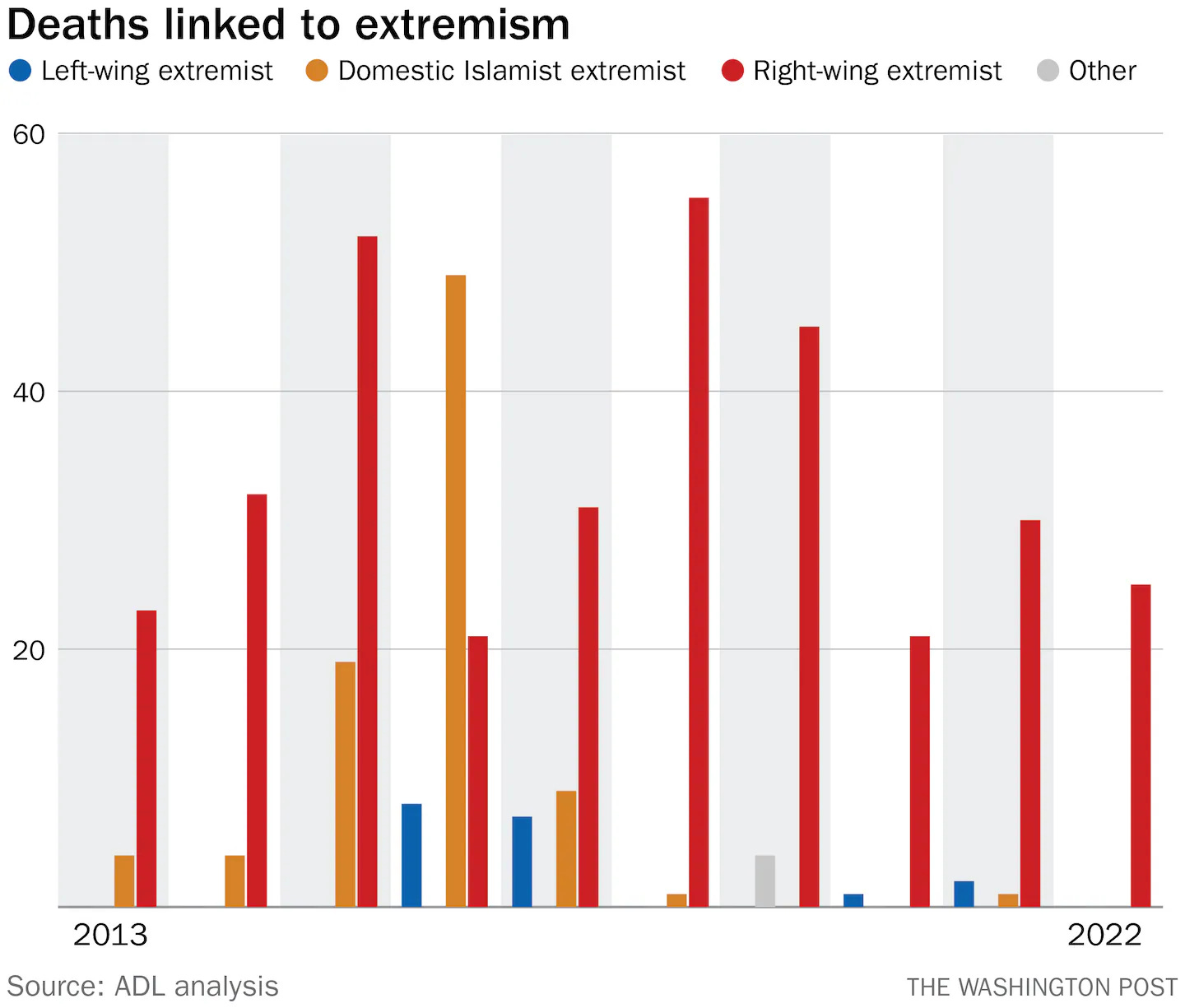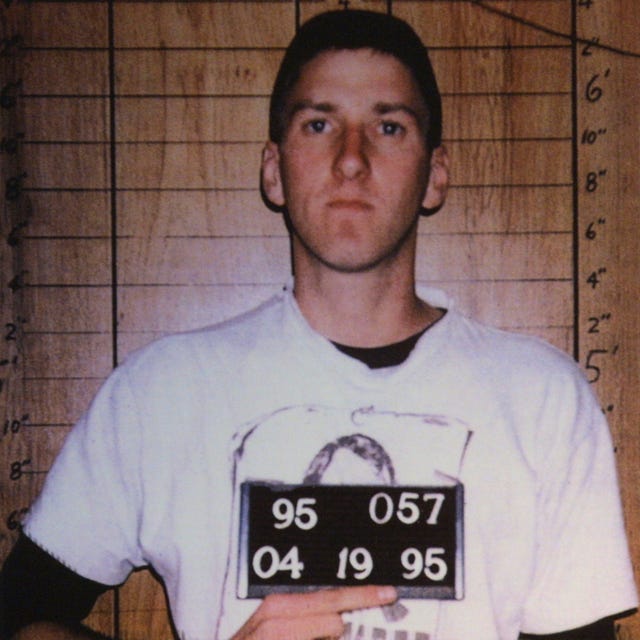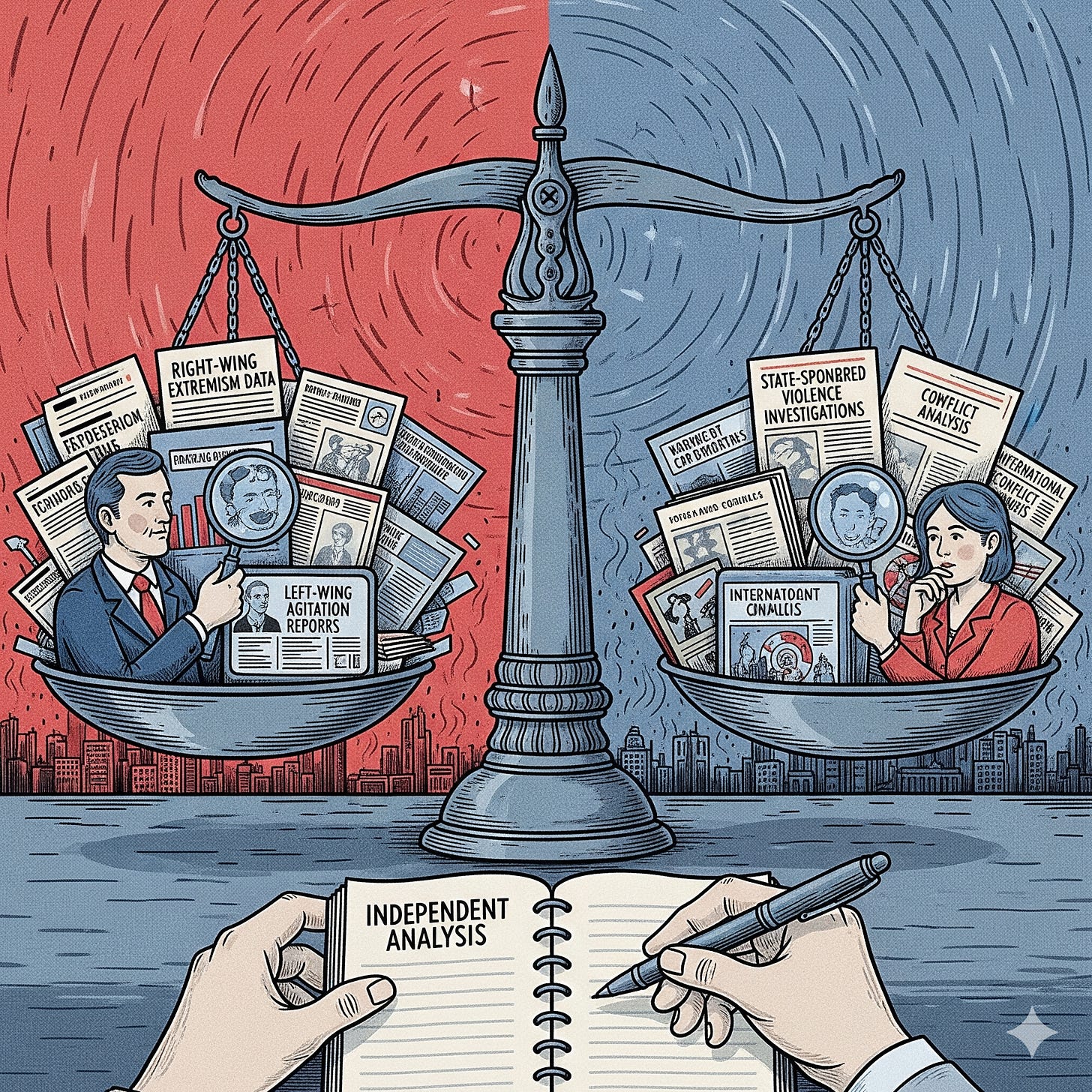Since 1990, over 520 people in the United States have been killed by perpetrators connected to right-wing ideologies, compared to 79 killed by individuals from the left. The scale of this disparity is staggering, yet public and political outcry has never matched the weight of the problem.
The recent assassination of conservative activist Charlie Kirk by Tyler Robinson, a 22-year-old from Utah, brings this issue into sharp relief. At first glance, some have labeled Robinson a left-wing extremist. Yet the truth is far murkier. Evidence suggests a tangled mix of influences. Some behaviors hint at anti-Kirk resentment common on the left, but other elements could suggest right-wing influence, or even a confusing hybrid of extreme views from multiple sources. The bullet casings engraved with memes, along with Robinson’s chilling detachment during the manhunt, suggest a mind radicalized by online subcultures rather than a clear ideological doctrine. His precise motive remains unknown.
This ambiguity highlights the complexity of political violence today. Extremism can be hybrid, borrowed from multiple sources, and amplified by internet echo chambers. Personal grievances, psychological factors, and exposure to radicalizing influences can all intersect unpredictably. Yet the media and public narrative rush to label perpetrators ideologically, often oversimplifying a complex reality.
Whenever someone with perceived left-wing motives commits violence, the story is amplified across media cycles and turned into a broader indictment of liberal movements. Politicians call for crackdowns on protest groups, expanded surveillance, and stricter laws. The outrage is immediate, the condemnation sweeping. When the overwhelming majority of politically motivated killings come from the far right, however, the reaction is muted, reframed, or even excused.
Right-wing violence is too often presented as the work of lone wolves, disturbed individuals, or tragedies divorced from their ideological roots. Politicians who benefit from proximity to extremist networks resist naming the problem, because doing so would require confronting movements connected to their own base. By failing to name the majority of political violence for what it is, society has allowed right-wing extremism to normalize itself, embedding its rhetoric into mainstream politics and leaving the public vulnerable.
The historical record makes the asymmetry clear. The Oklahoma City bombing in 1995 killed 168 people, yet Timothy McVeigh was often described as an isolated extremist rather than part of a larger movement. More recent attacks, such as the Tree of Life synagogue shooting in Pittsburgh in 2018, and the Buffalo supermarket attack in 2022, demonstrate a continuing pattern of right-wing violence that is normalized or ignored despite its ideological clarity.
The case of Tyler Robinson underscores another layer: modern political violence does not always fit neatly on a left-right spectrum. Simplistic narratives are misleading, yet the tendency to categorize perpetrators ideologically continues to shape media coverage, political responses, and public perception.
The lesson is clear. Political violence, whether left-wing, right-wing, or some unpredictable combination, demands careful, honest scrutiny. Robinson’s actions are horrific, and justice must be pursued, but we must resist reducing the story to a single ideological frame. Until society confronts the full complexity of political violence and responds without bias, patterns of extremism on all sides will continue to fester.
America’s response cannot depend on convenience or narrative. Every act of political violence deserves attention, and every ideology must be examined when it crosses into deadly action. Only by acknowledging uncertainty, complexity, and the real scale of the problem can we hope to prevent future tragedies.






This didnt age well did it... maybe we should ask the shooters Trans partner?
While I agree wholeheartedly it occurs to me that violence in this arena is always political and in these more uncertain times there is an even stronger drive to make political capital out of violent events. The mass shootings drive calls for gun control and individual targets have either already been in the administration’s cross hairs and can be safely marked as deserving or are largely unexpected and can become martyrs to the cause.
Politics as we know it deals in binaries which suits a relatively disengaged public and is something I’m exploring currently. The lack of nuance, of course, leaves certain groups behind and Trump’s apparently very narrow focus has the likelihood of turning these groups into a majority.
Whether they will have the opportunity to express that democratically is not, I think, certain.
On a personal note, did you get a subscriber welcome email? I wasn’t sure if I had set it up properly! Many thanks.